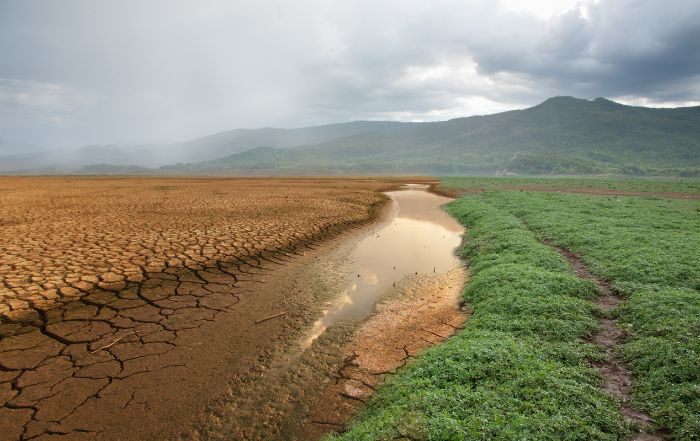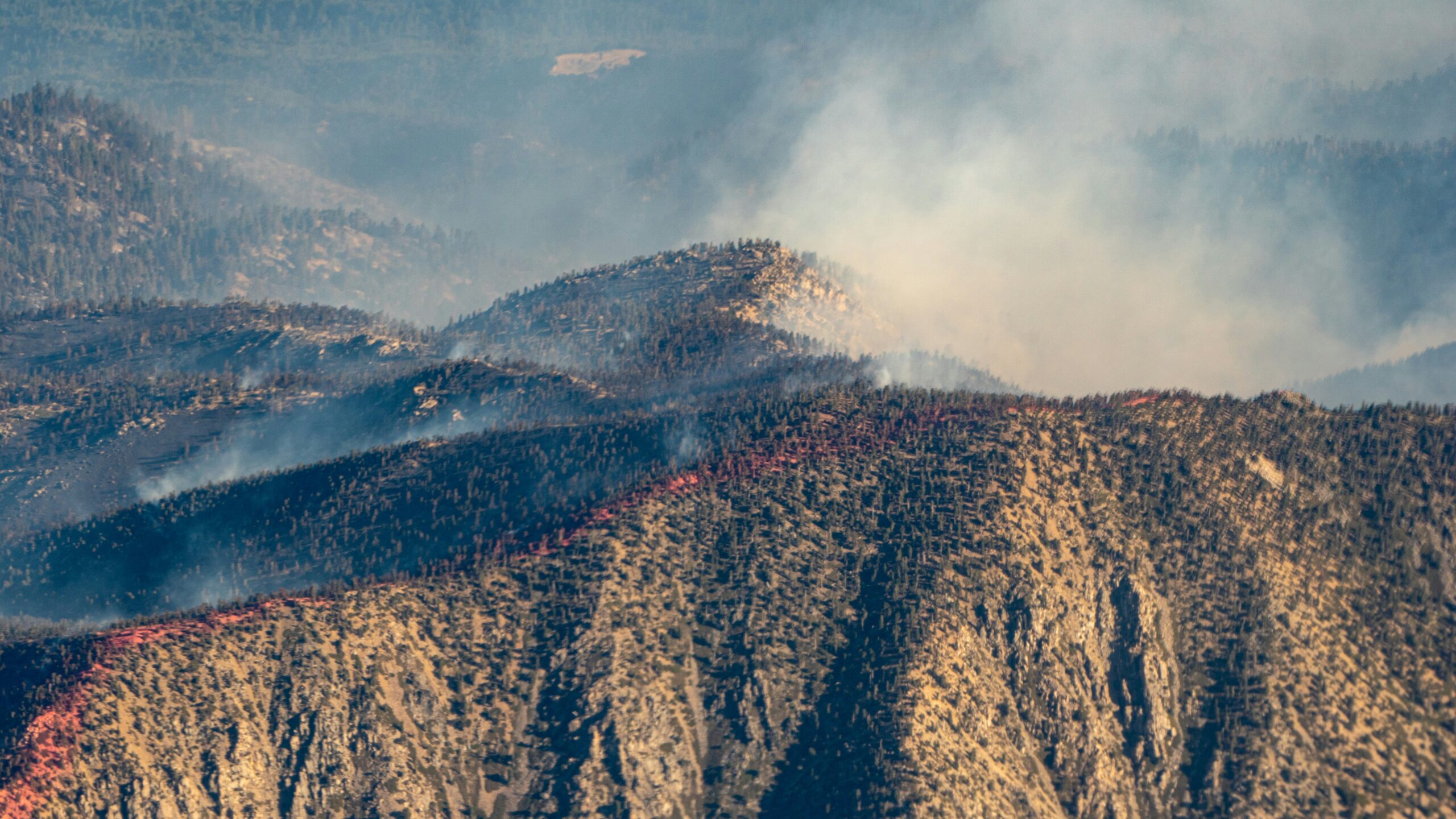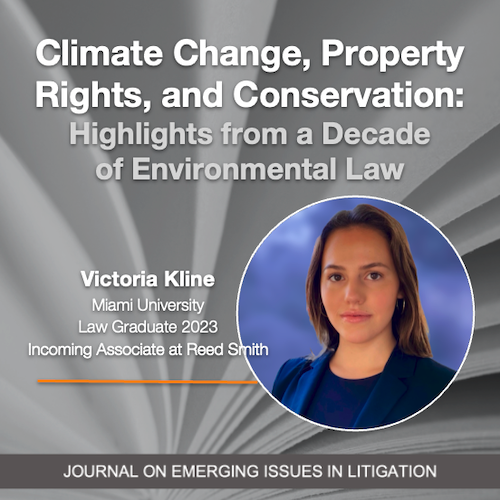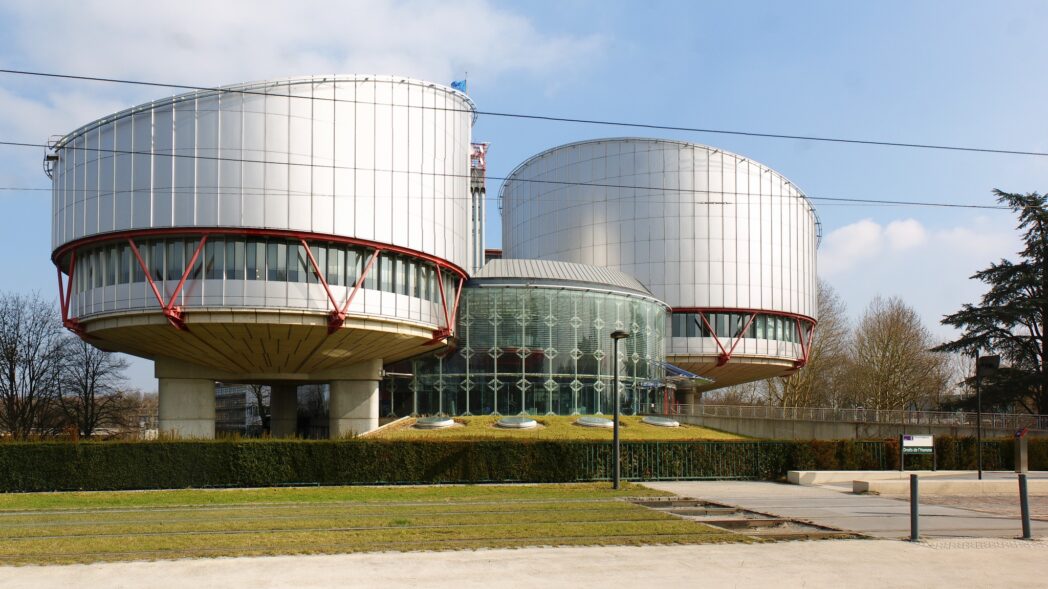HB Environmental Update | Tuesday, Feb. 3, 2026 | Climate Funding, Wind Power, Wild Horses, PFAS Regs, PFAS Settlement, and the Decades of Debate Over the Pollution Exclusion
Environmental law is entering another period of rapid change, as courts step in to define the limits of agency authority, corporate responsibility, and insurance coverage. Federal climate funding disputes now turn on contract law rather than administrative review. International prosecutors are bringing environmental crime cases. U.S. courts are shaping the future of wind energy projects, forest management, and wild horse policy. At the same time, PFAS regulation and settlement oversight are intensifying, while state high courts weigh in on long-debated insurance exclusions tied to pollution. This week’s developments reflect a legal landscape where judges increasingly steer environmental policy.










